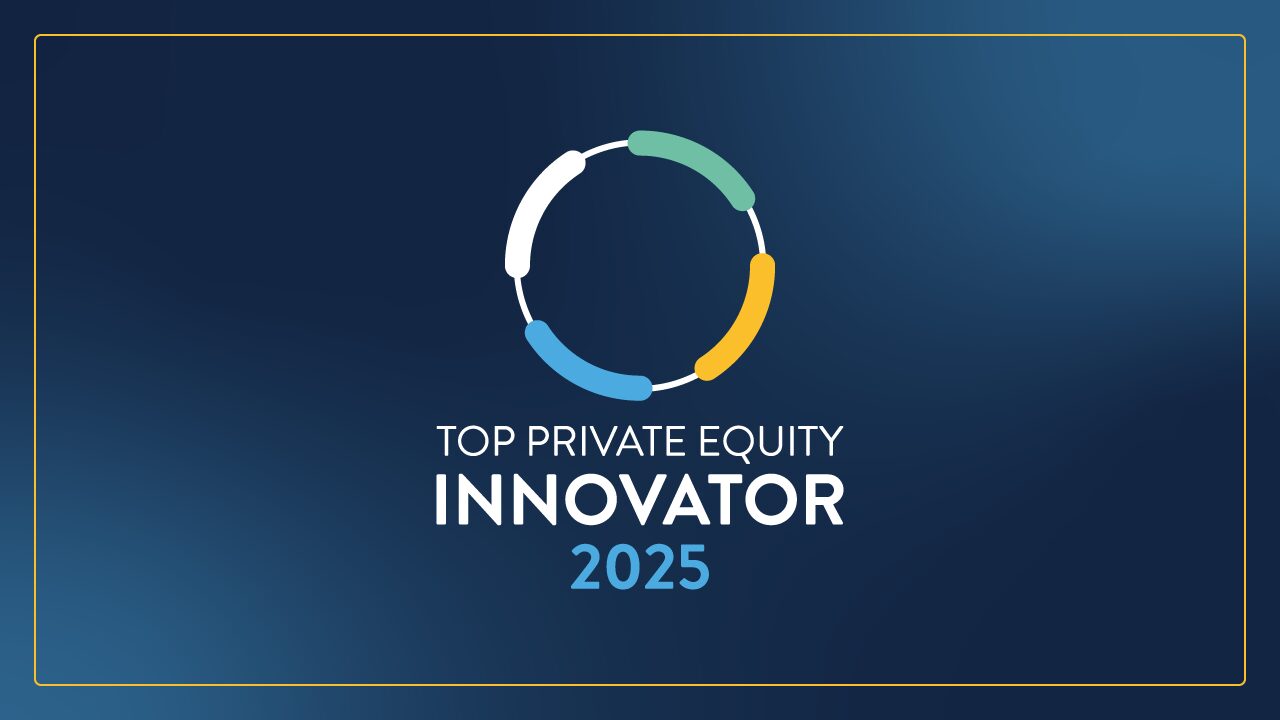Arlington, Texas-based William Tincup is currently the President and Editor-at-Large of RecruitingDaily, one of the leading content publishers and conference organizers in the HR and “People” space. He stands firmly at the intersection of HR and technology and wears multiple hats as a seasoned writer, speaker, advisor, and consultant to hundreds of companies. His latest creative endeavor is hosting Recruiting Daily’s “Use Case” podcast, where he interviews executives from across various industries including our CEO, Sean Mooney and gets them talking about everything from launching companies and managing employees to their greatest successes and most profound failures.
To keep himself otherwise occupied and “feeling useful” (his words), Tincup serves on the Board of Advisors for companies like Clovers, MojoRank, Diversely, Skillset, Geescore, SturdyAI, Work4, and SmartRecruiters. He’s an active advisor and mentor with The Workplace Accelerator (Southeast Asia) ATK LABS (Israel) and Talent Tech Labs (New York City). In 2020, while the rest of us were trying to adjust to Zoom fatigue and mask mandates, he was actively advising three acquired companies: Altru, sold to iCIMS Q4 2020; Talentegy, sold to Jobvite Q3 2020; and Hyphen, sold to Betterworks Q1 2020. Let’s not forget he was also a board member of Talentegy, a company sold to Jobvite Q3 2020.
Suppose that doesn’t send your head spinning and also wondering what this Texan is eating for breakfast. In that case, rest-assured Tincup is less concerned with tooting his own horn and more focused on helping HR and talent acquisition (TA) professionals navigate uncharted waters—particularly in the wake of the pandemic and shifting cultural tides. His knowledge of everything from what candidates want from jobs to the importance of interim executives is worth listening to, if not ripping out several pages from his book.
Kyle Johnson: Tell me about your journey to RecruitingDaily.
William Tincup: I fell in love with HR while in business school, specializing in marketing. My first entrepreneurial endeavor was a web development agency; I later co-founded a full-service advertising agency. While at the ad agency (then called Starr Tincup, now The Starr Conspiracy), we specialized in helping vendors and service providers market to HR & TA specialists. Essentially, we learned what worked and didn’t work when marketing to these practitioners. While doing so, I was the partner in charge of everything HR & TA for the agency. The deeper I got into it, the more I fell in love with the profession. In 2010, I was lucky enough to sell my equity to my business partner, and then I shifted my focus to HR & TA full time.
I started by consulting vendors and practitioners in change management and user adoption of HR & TA software. I did that for a few years and loved it—I worked equally for both vendors and practitioners, solving real problems. Then, I decided to dig deeper into primary market research to learn more about implementations, user adoption, and vendor selection. After learning so much from the folks in the trenches and further expanding my knowledge base, I joined the team at RecruitingDaily to build the events and training business. In my current role, I get to talk with vendors and practitioners every single day. It’s incredible because I continually gain insights into where they see the world similarly and differently.
KJ: What is the number one thing you see people searching for right now regarding types of jobs and work?
WT: In short, “something new.” More specifically, candidates who were fortunate enough to be employed during the pandemic but unfortunate enough to deal with the constant disruption and stress are now coming up for air and looking around for new adventures. In tandem with this “fancy shiny object” job search, most candidates learned that much of their knowledge and skills could be effectively managed remotely. That’s a game-changer. Once people figured out they could live in Park City, Utah while working for a company based in New York City, many of them made substantial lifestyle changes to strike that elusive life balance. It almost gave people permission to shed old norms and start fresh. They went from thinking, “I’m going to be stuck in an office for the rest of my life,” to “holy cow, I can work on the ski slopes!”
Data certainly supports this new mindset: candidates are searching Indeed, Hired, ZipRecruiter, and company career pages using the words “remote” and “remote work.” They aren’t wasting time applying to jobs that don’t support their new ideal career. My take on this is simple: organizations that support remote work and its flexibility will win over those who choose not to. Talented people are going to work the way they want to work.
KJ: Talk a bit about Critical versus Important talent and the implications of both in getting the right talent in place?
WT: HR & TA has historically looked at talent through the lens of 80/20, meaning 80% of the value of any given organization is derived from 20% of the workforce. That would be essentially the “critical” talent. Important would be everyone else. When I interact with investors, they tend to use the lens of 90/10, which is an even harsher way to think of critical talent versus important (or necessary) talent. Again, this is a historical view of talent. This has been the way we’ve viewed succession planning, training for high potentials, executive search, and more.
I think we’ve got to update our worldview when it comes to talent; not only do we need to focus more on skills, but skills needed at that particular time. Just as manufacturers look at “just in time” production, we need to think about talent from that perspective. What skills do we need right now, this moment, this hour, and this week, for this project? It becomes less of a game of what you’ve done in the past and how relevant your skills are right now. Genuinely talented people will always push themselves to acquire new and most relevant skills. So, some of the same people will be on the list as if nothing changed from the history lesson above, but other folks that didn’t have a certain pedigree, skill color, gender, etc. but DO HAVE the critical skills needed will find themselves on the list. Having scarce and vital skills is now how you separate yourself from everyone else.
KJ: From your vantage point, what keeps HR up at night?
WT: It comes down to three things: (1) what is/isn’t “hybrid” and how do they do work, (2) how do they effectively attract talent, and (3) how do they effectively retain talent? Let’s unpack each of those:
#1—No HR leader knows how the hybrid workforce will look in the future. It’s all guesswork at this point. COVID forced us to rethink the workplace. We were already tracking towards remote work; the pandemic expedited the process. With other variants likely to come, no one knows when a safe return to the office will happen or if it will happen. This leads me to the next exciting aspect of hybrid work: the emerging concept of “everyone returns to the office” versus “I want to work remotely forever,” which are purposely opposites, but that’s what HR is dealing with right now and in the near future. How do they effectively navigate “radical flexibility” with all talent? Talent will ultimately decide where and how they work in an outcomes-based environment (read: knowledge working jobs).
#2—Talent attraction, acquisition, and recruiting have become more challenging as the talent is now empowered to ask tougher questions. The table stakes have changed. Let’s say you have a great culture. Well, that’s fantastic; but how did your firm respond during COVID? Did you furlough or lay off anyone? If so, have they been hired back? If not, why and what kind of package did you give them to get through the pandemic? That is a primary candidate question thread. Then comes the more complex stuff with questions about DIBEE (diversity, inclusion, belonging, equity, equality), social justice, remote work, and transparency, to list a few. So, the job of a great recruiter got harder. Don’t cry for Argentina; the best TA pros are highly compensated and in short supply. That just made things interesting. Hiring a TA leader pre-COVID was not impossible—indeed, not as hard as placing a data scientist or software engineer, but it’s getting real close to impossible at this point. Candidates’ needs have changed, as I’ve already noted. Recruiters’ needs have also changed. Companies that recognize this will work hard to retain the best recruiters.
#3—With retention, there are NO RULES. Do whatever you must to keep talented people. Whatever it takes. Turnover isn’t a curse word. Trees die in any given forest every single day. What you and your team should be focused on is “regrettable turnover.” Regrettable, meaning talent you wanted to keep but were unable to keep for whatever reason. How do you stop the bleeding of regrettable turnover? A few helpful hints: communicate that you value them, recognize the value they bring to the organization, find out what’s important to them and do your best to fulfill it, compensate them above market, conduct monthly stay interviews, and offer them continuous training. You get it. Do whatever it takes to learn what drives them, and then do whatever it takes to keep them engaged. No one wants to talk about it, but this is singularly the most essential thing HR does for a firm. Retention of top talent is the job. Get great at it quickly!
KJ: Why do you think interim talent and experts are such a vital component of the workforce right now?
WT: A few things to consider here, (1) expertise is earned, (2) it turns out B12 is a good idea. Let’s explore…
Throughout one’s career, we gather all kinds of experiences. Good, bad, historical successes and failures, and we should tap folks that have been there and done that. It doesn’t mean that we’ll do it exactly the way they have, but it could help us avoid simple mistakes. For instance, an HR leader that’s been a part of 20 union contract negotiations would be great to have at the table as we navigate a new deal with our union workers. That person can give us insight into things we don’t know and learn fast enough to impact the new contract. So, experts are vital. Early in my career, I was advised by a highly successful oilman in Dallas. I asked him over coffee, “what was the key to your success?” He responded, “simple, I let experts be experts.” Simple advice, but you’d be amazed at how many executives hire experts and summarily disregard their advice. Kidding not kidding.
That might not be immediately recognizable in terms of the B12 reference, but interim talent is like a shot of B12. If you’ve ever had a shot of this stuff, you almost immediately feel better. Interim talent is a lot like that—new eyes on old problems. A new set of eyes can see things that might even be obvious, but the previous folks didn’t reconcile for whatever reason. Interim talent also doesn’t necessarily have to play by the same rules nor play politics. They’ve been hired to an interim capacity to fix things. If you’re a Pulp Fiction fan, Mr. Wolf is an excellent example of interim leadership. All the other guys could have probably figured out what to do, but Mr. Wolf had been there and done that. He had a plan and communicated effectively. Problem fixed. Interim talent is an excellent way to invigorate or reinvigorate a team and organization like a shot of B12.
KJ: What question should I have asked you but didn’t?
WT: Well, you asked great questions, but I think I’d be remiss if I didn’t mention the recent decision by the SEC to include workforce data in publicly traded companies’ earnings calls. It’s new but has been in the works for over a decade. It will be weird at first, but I see it as an excellent opportunity for HR & TA leaders. If our house isn’t in order, now is a great time to get it in order. It’s pretty simple when the SEC says something is noteworthy, Wall Street listens. What happens on Wall Street eventually makes it to Main Street. So, if you’re not studying the new regulations, you might want to burn some hours learning what is required to be reported. I mention this not to scare anyone; think about the tremendous opportunity that’s been granted to those responsible for talent.


